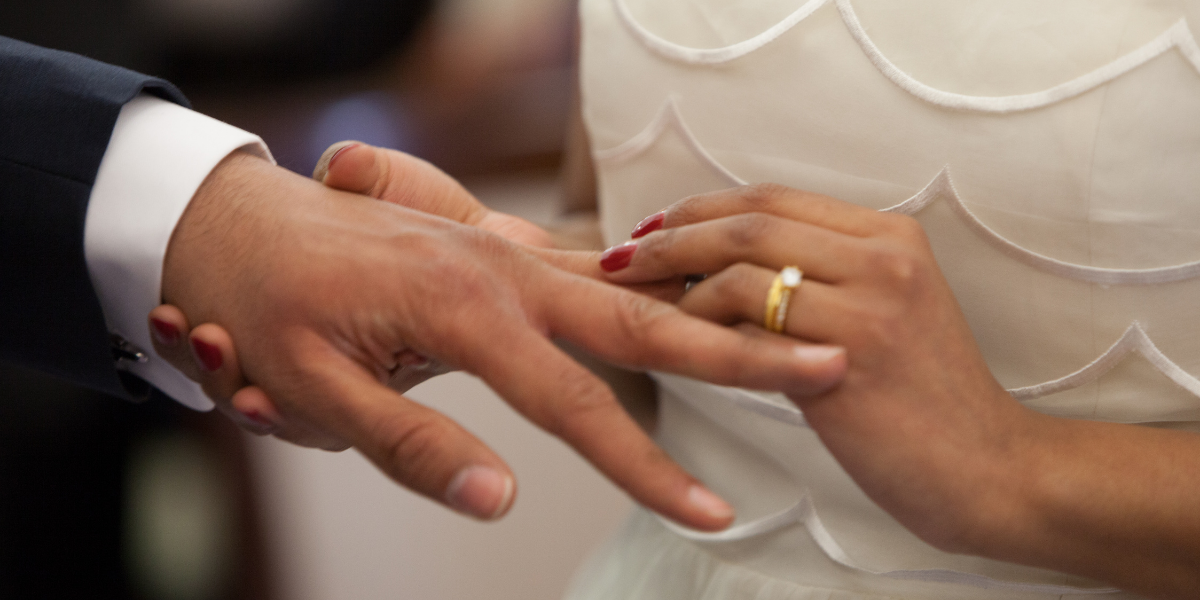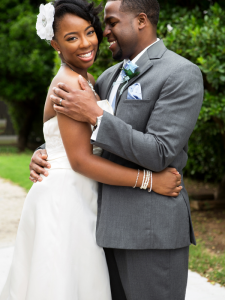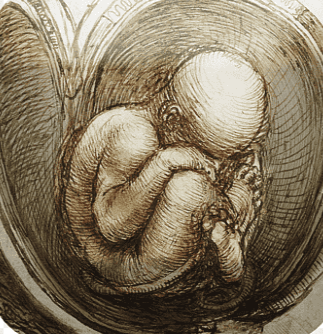
Original What??? John Paul II on “Original Experiences”
May 12, 2022

In Theology of the Body, Pope St. John Paul II sought out to answer difficult, contemporary questions pertaining to marriage and sexual ethics. However, in order to do so, he believed that one has to first establish what he called an “adequate anthropology.” For him, this refers to an understanding of the human person that does justice to his mystery and dignity. In other words, before we can answer questions about what we ought to do (ethics), we first have to arrive at an adequate understanding of who we are (anthropology). For this reason, he followed the example of Jesus in Matthew 19:3-8 and went back to the “beginning,” i.e., to the story of Creation in the opening pages of Genesis.
When we read the first few chapters of the book of Genesis, we read about the creation of the world and of the human race and our first parents’ fall from grace, which we call original sin. As Catholics, we all have heard of original sin, but did you know that this is not the only “original” that we encounter in the opening pages of Genesis? Indeed, in his Theology of the Body (TOB), Pope St. John Paul II reflected on three “original experiences”: original solitude, original unity, and original nakedness. Before unpacking each of these, it is important to understand a few things about the saintly pope’s approach and to ponder what he meant by “original experiences” in the first place.

St. John Paul II brought a unique approach to his reflections on the creation stories in Genesis. Not only did he interpret these texts through the lens of Catholic tradition and theology, but he also sought to bring them into dialogue with our own human experiences. He believed that an adequate anthropology should not only be consistent with Catholic teaching, Sacred Scripture, and Sacred Tradition, but also resonate with human experience. He believed that if we ponder our experiences deeply enough, with an open mind guided by the Holy Spirit, it can in fact enrich our understanding of the profound truth contained in Scripture and the teaching of our faith.
While our first parents came into being in a state free from sin and corruption that is now inaccessible to us, Pope St. John Paul II believed that pondering our experiences on this side of the Fall can still give us glimpses into that “theological prehistory.” In particular, he believed that pondering our experiences of our bodies and of being in relationship with one another through our bodies can help us catch glimpses of God’s plan for man and woman and arrive — with the help of Scripture and our Catholic faith — at an adequate anthropology.
In a crucial passage in TOB, St. John Paul II wrote,

“When we speak of original human experiences, we have in mind not so much their distance in time, as rather their foundational significance. The important thing, therefore, is not that these experiences belong to man’s […] theological prehistory, but that they are at the root of every human experience. That is true even though, in the unfolding of ordinary human existence, we pay little attention to these essential experiences. Indeed, they are so interwoven with the ordinary things of life that we generally do not realize their extraordinary character” (TOB 11:1, emphasis added).
The original experiences are “original” not only because the first man and woman experienced them at the beginning of time but also because they are foundational for all of us and for our understanding of what it means to be human. They are interwoven in our experiences of being embodied and being in relationship with one another, with the rest of Creation, and with God. With this understanding in mind and with Pope St. John Paul II as our guide, we will reflect in future installments on the meaning of original solitude, original unity, and original nakedness. As we do so, I invite you to listen for echoes in your own heart and lived experience as we ponder the truth of what it means to be human.
Note: This article is part of a series of reflections on Pope St. John Paul II’s “Theology of the Body”.

Written by, Dr. Andrew Sodergren, M.T.S., Psy.D.,
Director of Ruah Woods Psychological Services (Article originally published in The Catholic Telegraph, August 2021 Issue, the official magazine of the Archdiocese of Cincinnati)
Share